VETO CELL APPLICATIONS
Non-Malignant Disease

Current Treatment Challenges
Allogeneic stem cell transplants are currently used, in small numbers, to treat several nonmalignant blood disorders, mainly for sickle cell anemia, thalassemia and aplastic anemia. While the procedure has the potential to be curative, the difficulty in accessing matched donors and the risks associated with these transplants are both major hurdles.
Veto Cells Offer the Potential to Treat Sickle Cell Anemia, Type-1 Diabetes, and Other Life-Threatening Non-Malignant Diseases
Cell Source Veto Cells, in preclinical studies, have demonstrated the ability to effectively treat sickle cell anemia while using the safer protocol associated with Veto Cells in general (RIC, avoid GvHD and infections). This approach could potentially be used for thalassemia, aplastic anemia and other similar indications. Once Veto Cell stem cell transplants have shown safety and efficacy in the clinic in treating blood cancer and facilitating mismatched donor kidney transplants, Cell Source can introduce this safer and more accessible approach to stem cell transplantation for the treatment of these diseases.
Clinical Status
Cell Source has successfully used Veto Cells to stop the development of Type 1 Diabetes in mice.
Market Potential
The current market for Sickle Cell Disease treatment alone exceeds $2B, while the market for treating Type 1 Diabetes exceeds $5B.



